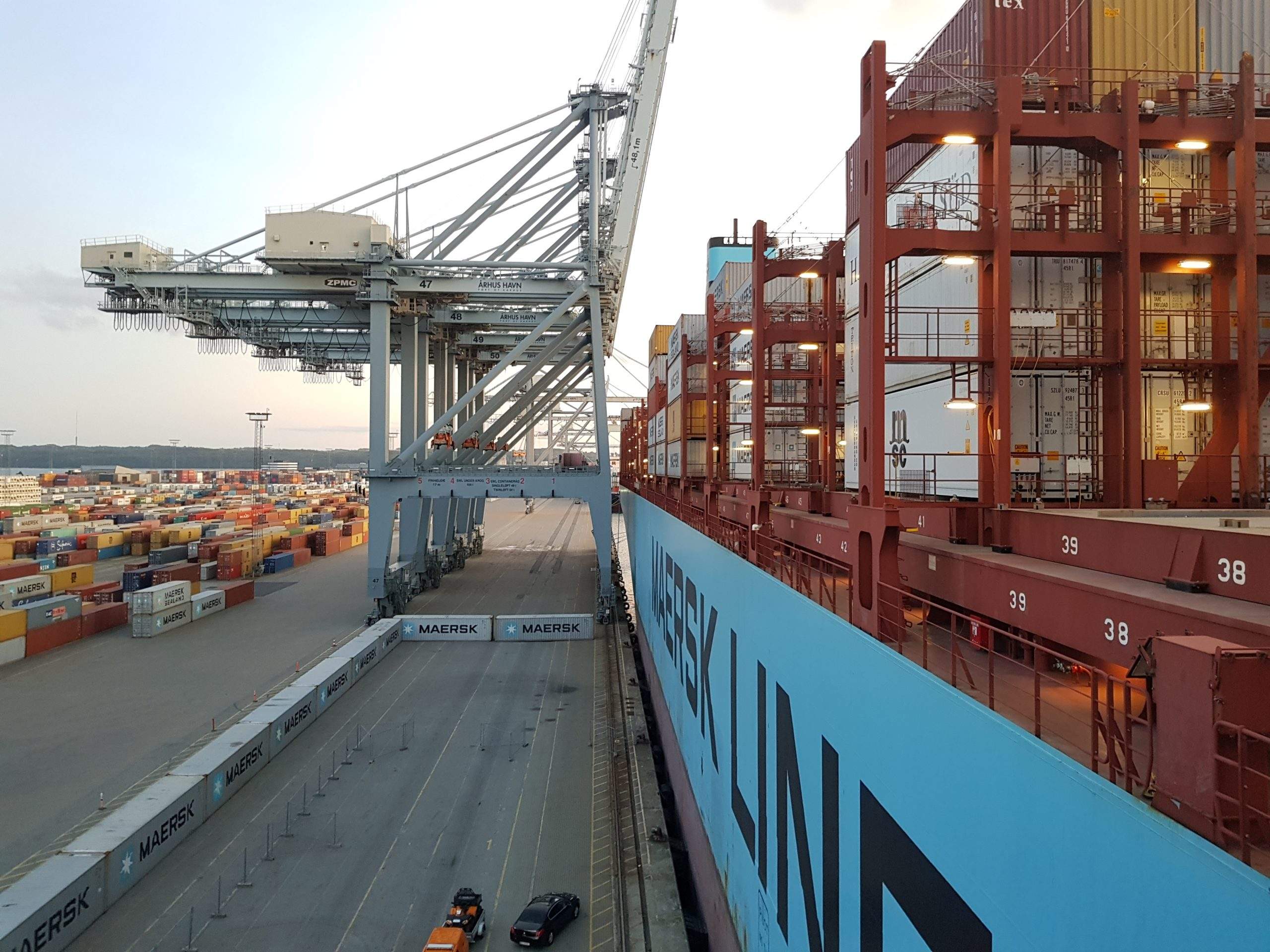De danske havne er top-effektive

Danmarks havne er de femte mest effektive i verden, nummer tre i Europa. ”Det er verdensklasse”, mener Danske Havne.
”Det er jo, i bogstavelig forstand, verdensklasse!”, siger direktør Tine Kirk, Danske Havne, i en kommentar til, at Danmark rangerer som nummer fem på listen over verdens mest effektive havne.
Det er World Economic Forum, der igen har ranglistet havnene i 139 lande, baseret på data fra 2019. På listen indtager Danmark altså en femte plads, en plads frem i forhold til 2018, og kun overgået af Singapore, Finland, Nederlandene og Hong Kong.
På listen over de mest effektive europæiske havne indtager Danmark tredjepladsen, kun overgået af Finland og Nederlandene.
”Det her viser endnu engang, at vi i Det Blå Danmark har meget at være stolte af. Vi er jo også den sjette største søfartsnation og nu altså også landet med verdens femte mest effektive havne. Når man ser på konkurrencen fra lande med voldsomt store, centrale havne kan vi godt tillade os at kippe med flaget i hækken af, at netop vore havne klarer sig så flot.
Det siger jeg ikke kun, fordi havnene jo er vores medlemmer, men fordi jeg oprigtigt synes, at vi som nation skal være overordentligt tilfredse med, at havnene ledes så godt, at effektiviteten er i top”, siger Tine Kirk.
Hun peger på, at havne betragtes som kritisk infrastruktur og dermed f.eks. skal holdes åbne, også under Corona-pandemien.
Anslået 90 procent af alt gods i verden fragtes på skibe, og eftersom fragtmængderne øges, vokser også kravene til havnenes effektivitet såvel som kravene til deres størrelse, både hvad angår kajlængder, baglandsplads, kraners størrelse og andet. Vanddybde er ligeledes stadigt vigtigere, så havnene kan tage de stadigt større skibe.
Corona-udbrud har i periode lukket nogle af verdens største havne i Kina, og sammen med krisen i Suez, hvor et skib i sommer satte sig på tværs og skabte en kø på næsten 150 store containerskibe, der ikke kunne passere igennem den vigtige transportkorridor, har det bidraget til det verdensomspændende pres på forsynings-kæderne.
”Når havne fungerer, holder åbent og leverer de ydelser, de skal, fungerer vores dagligliv. Så får vi de havregryn, cykeludstyr, møbler, trævarer, sten, grus og alt det andet, vi skal bruge i virksomhederne og i vores husholdninger. Når tingene fungerer, tænker vi af gode grunde ikke så meget over hvorfor og hvordan. Det er først, når det går galt, vi opdager det”, siger Tine Kirk.
Ingen danske havne har været lukkede af Corona. Havnene har taget mange forholdsregler for at holde butikken kørende. Bl.a. har flere havne adskilt personale, så de spiste i forskellige kantiner. En kranfører må helst ikke rammes af Corona, for man kan ikke lige få en afløser med den uddannelse i Jobcenteret. Nogle havne sendte administrative funktioner, der kunne løses hjemmefra, hjem, og sådan har havne landet over sikret, at den kritiske infrastruktur fungerede.

